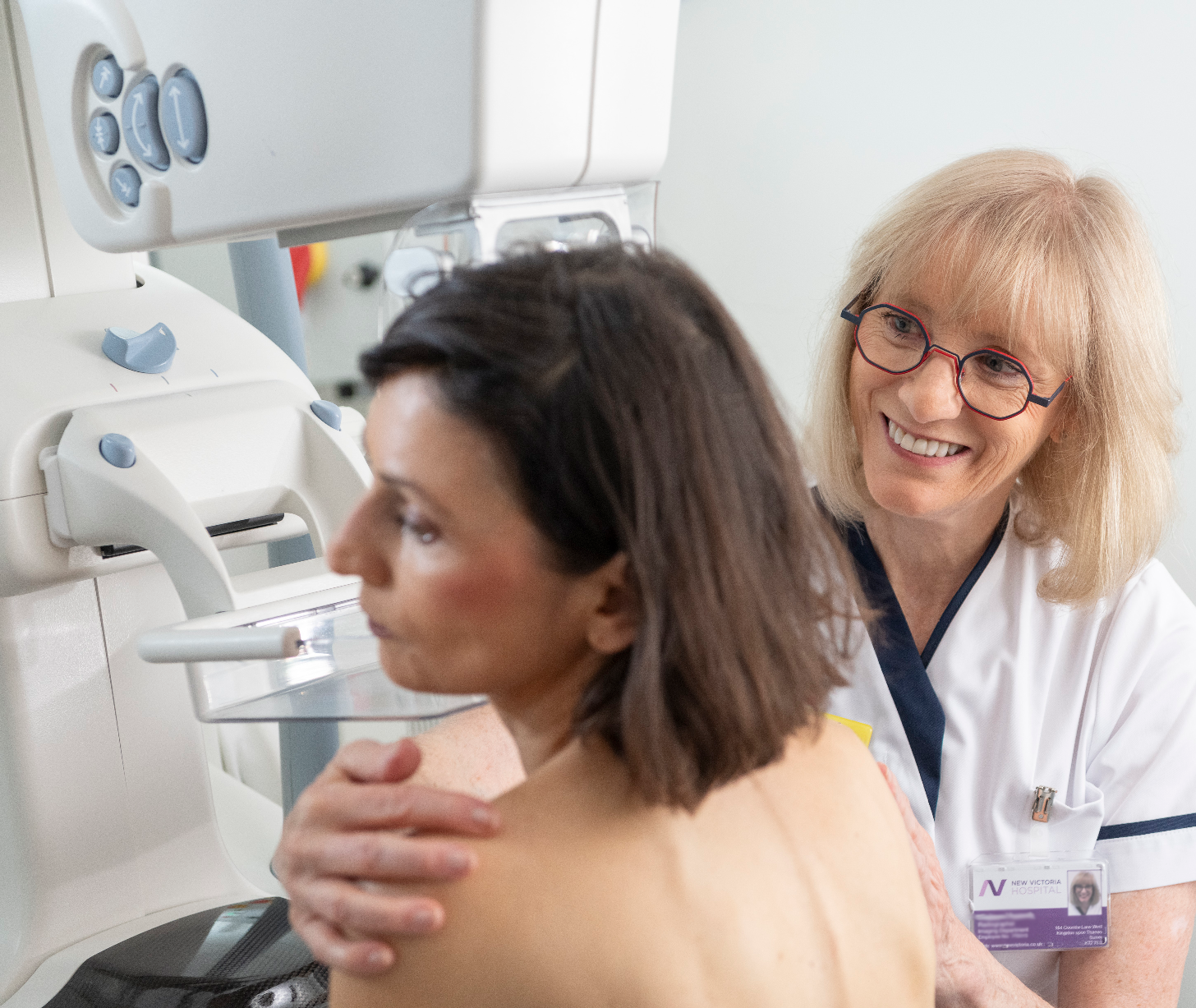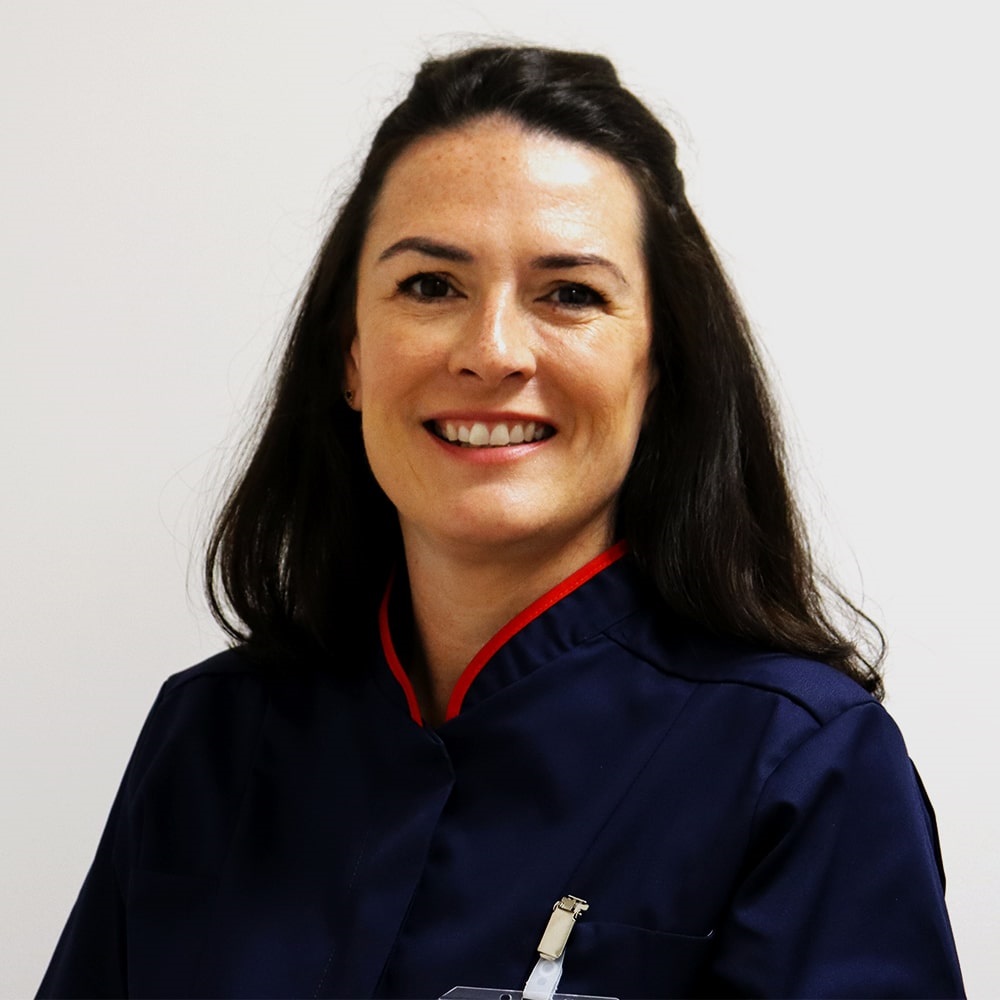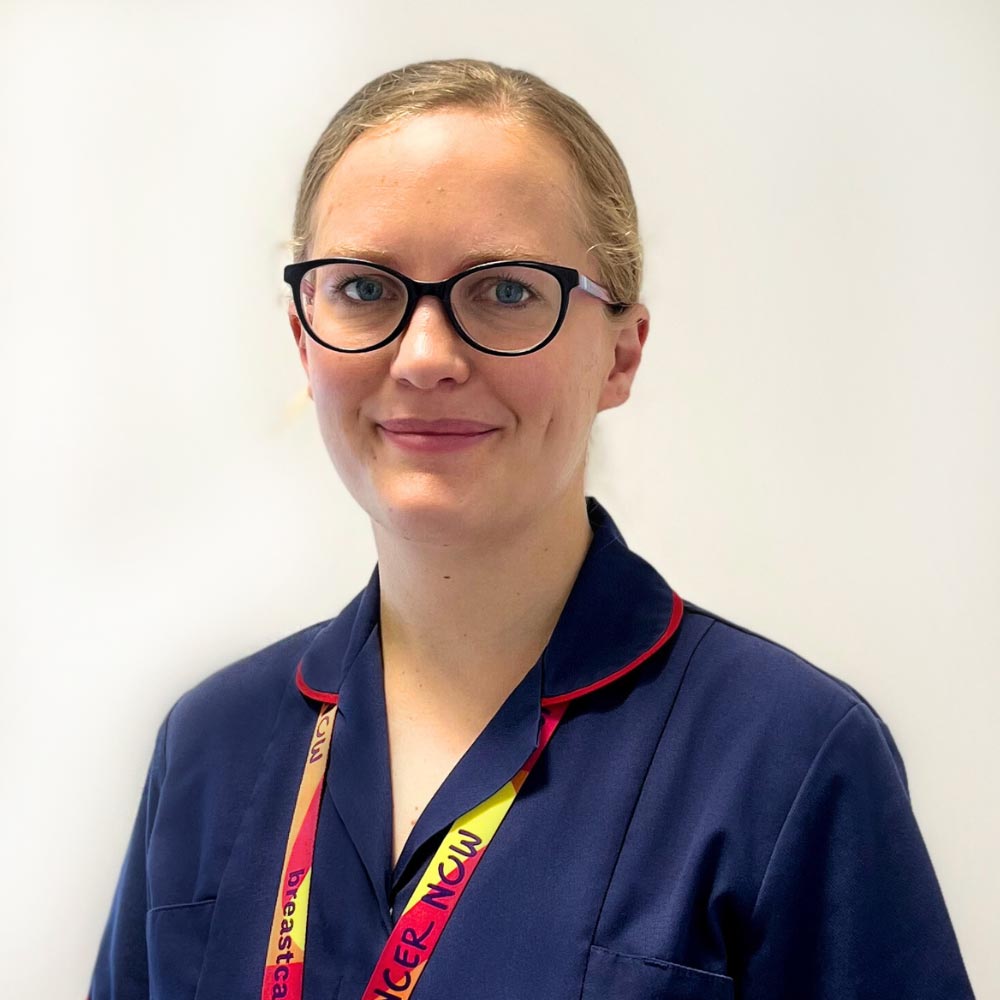Breast Awareness
Breast lumps are very common and most women will experience one or more at some time in their lives. The vast majority (at least nine out of ten) are benign i.e. not cancerous.
Early Detection
Early detection of breast cancer is vital as it increases the chance of successful treatment.
Women are therefore encouraged to be ‘breast aware’. Breast awareness means knowing how your breasts look and feel and the normal changes that occur at different times of your menstrual cycle. Visit your doctor if you feel a lump, or if one of your breasts changes shape or becomes constantly painful. There is no need to examine yourself to a strict routine, but it is sensible to look at and feel your breasts from time to time. It would probably be sensible to do this while taking a shower or bathing or when standing in front of a mirror.
What to look for
Even though most lumps are not cancerous, if you find a lump in your breast or notice any of the following changes you should arrange to see your GP or a Breast Specialist at New Victoria Hospital, as soon as possible.
- Change in size of your breasts (after puberty is complete)
- Dimpling or in-drawing of the skin (skin looks like the texture of orange peel)
- Lumpiness or thickening
- Newly inverted nipple
- Bloodstained discharge from the nipple
- A rash, often eczema-like, on the nipple or surrounding area
- Swelling or lump in the armpit
New Victoria Hospital is a BUPA Accredited Breast Care Centre and as such, rigorously audited for quality.
The Magseed® Marker and Magtrace® Tracer
At New Victoria Hospital we now offer two cutting-edge treatment intervention tests to identify the presence of Breast Cancer in a patient.
The Magseed® Marker is a tiny magnetic seed that enables specialists to identify the location of the cancer within the breast if it cannot be felt. It makes cancer localisation easier and more precise during surgical removal.
The Magtrace® Lymphatic Tracer is a liquid tracer containing iron filings used specifically to localise the dominant draining axillary lymph nodes called sentinel lymph nodes. Designed to mimic the same path as an invading cancer cell, this non-radioactive tracer allows the Breast surgeon to determine whether the cancer has spread.
Breast Clinical Nurse Specialists
Consultants and Clinic Times

Miss Chloe Constantinou
Specialities

Mr Mohsen El Gammal
Specialities

Mr Georgios Exarchos
Specialities

Ms Katerina Micha
Specialities

Miss Sarah Tang
Specialities
















